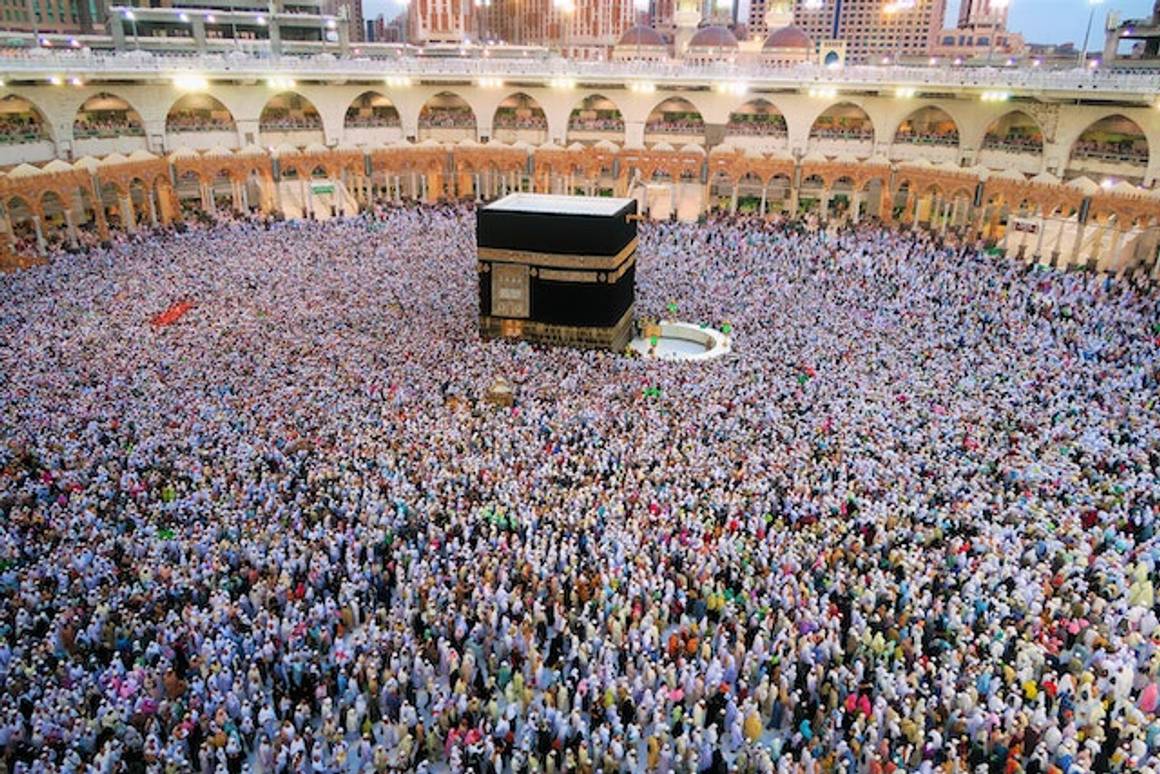The role of women in Islam is often shrouded in misconceptions and misinterpretations. Media portrayals frequently paint an incomplete picture, reducing the complex reality of Muslim womanhood to simplistic stereotypes. This blog post seeks to peel back these layers, revealing the nuanced and multifaceted reality of women within the Islamic faith.
Equality at the Core
Let's begin with a fundamental principle: Islam recognizes the inherent equality of men and women. The Quran explicitly states:
And whoever does righteous deeds, whether male or female, while being a believer - those will enter Paradise and will not be wronged, [even as much as] the speck on a date seed.Quran 4:124
This divine declaration underscores that both genders stand equal before God, deserving of the same rewards.
Beyond Domesticity
While motherhood and family life hold immense value in Islam, they represent just one facet of a woman's potential. The historical record teems with examples of extraordinary Muslim women who shattered societal barriers and excelled in diverse fields:
Khadija bint Khuwaylid (RA): Often called "The Mother of the Believers," Khadija was a successful businesswoman in Mecca before Islam emerged. She employed prophet Muhammad (pbuh) as a trader, recognizing his trustworthiness and integrity. When he received his first revelations, she became his first convert and staunch supporter, providing him with emotional and financial backing during challenging times.
Aisha bint Abu Bakr (RA): Aisha became a respected scholar of Islam after prophet Muhammad's passing away. Her sharp intellect, deep understanding of Quranic teachings, and ability to recall hadiths (sayings and actions of the Prophet) made her a revered authority on Islamic law and theology.
Fatimah al-Fihri:Fatimah was a Moroccan woman who established the University of Al Quaraouiyine in Fez, Morocco—considered by UNESCO to be the oldest continuously operating university in the world.
Ilhan Omar: A Somali-American politician, Omar is the first Somali-American Muslim woman elected to Congress. She is known for her progressive views and advocacy on issues like immigration reform, healthcare access, and racial justice.
Ibtihaj Muhammad: The first American Muslim woman to compete in fencing at the Olympic Games, Ibtihaj won a bronze medal at the Rio Olympics in 2016. She's an advocate for inclusivity and representation in sports.
Dr. Hayat Sindi: A Saudi Arabian biomedical engineer, Dr. Sindi is a pioneer in developing low-cost diagnostic tools for infectious diseases. She was the first woman from the Gulf region to be elected to the US National Academy of Engineering.
Education: A Gateway to Empowerment
Islam places paramount importance on seeking knowledge. The Prophet Muhammad (pbuh) famously said:
Seeking knowledge is an obligation upon every Muslim.Prophet Muhammad (pbuh)
This includes religious studies, academic pursuits, and vocational skills. By empowering women through education, Islam unlocks their full potential and enables them to contribute meaningfully to society.
Social Justice Advocates
Islamic principles emphasize compassion, social justice, and the upliftment of the marginalized. Women are encouraged to actively participate in addressing societal ills, advocating for the voiceless, and working towards a more equitable world.
Why does the Quran states that men are "a degree above" women?
This verse is often misunderstood and has been subject to diverse interpretations. It's crucial to analyze this verse within its broader context:
Responsibility, Not Superiority: Many scholars interpret the "degree" as referring to a difference in responsibility rather than inherent superiority. Men are traditionally seen as primarily responsible for financial provision and protection of the family. This doesn't imply women are inferior but highlights different roles within a complementary partnership.
Historical Context:The Quran was revealed in 7th century Arabia, a society where women faced significant social limitations. By granting women rights like inheritance, divorce, and education (often unheard of at the time), Islam aimed to elevate their status significantly. This verse needs to be understood within that historical context, considering the societal norms Islam sought to reform.
Emphasis on Mutual Respect: The Quran consistently emphasizes mutual respect, kindness, and compassion between spouses. Verses like
And of His signs is that He created for you from yourselves mates that you may find tranquillity in them; and He placed between you affection and mercy. Indeed in that are signs for a people who give thought.Quran 30:21
highlight the importance of love, harmony, and partnership within marriage.
Navigating Cultural Nuances
While Islam promotes gender equality, it's crucial to acknowledge that cultural interpretations can sometimes diverge from its core teachings. Certain societies may impose limitations on women based on tradition rather than religious doctrine. These practices should not be mistaken for the essence of Islam but rather seen as cultural overlays that need to be critically examined and addressed.
Embracing Diversity
The beauty of the Muslim community lies in its diversity. Women come from diverse backgrounds, cultures, and experiences, each contributing unique perspectives and talents. Recognizing this richness is essential for fostering a truly inclusive and equitable society. By moving beyond simplistic narratives and engaging with the depth and complexity of Islamic teachings, we can begin to appreciate the true role of women within the faith: as equal partners, empowered individuals, and agents of positive change in the world.


